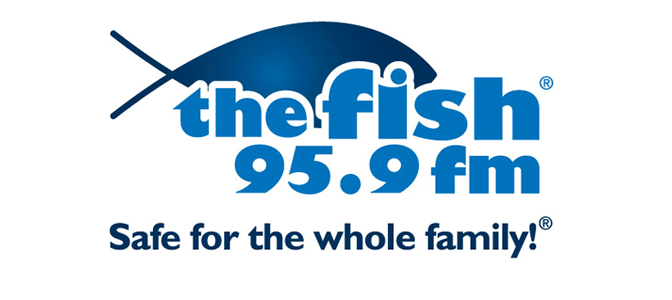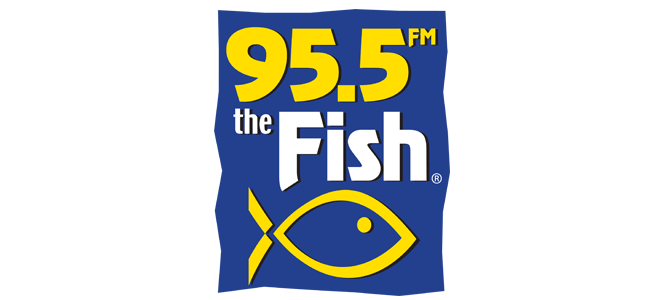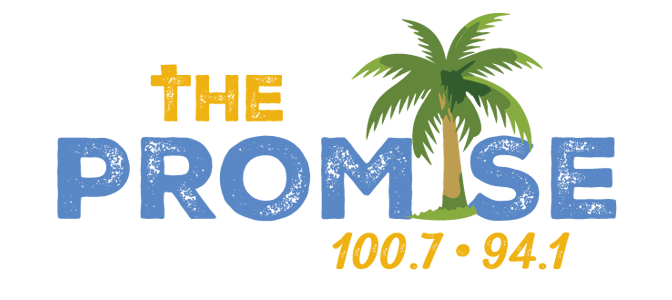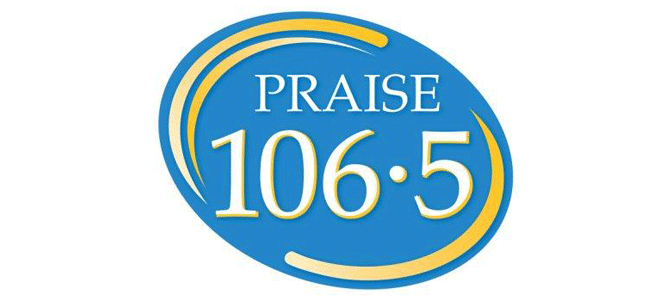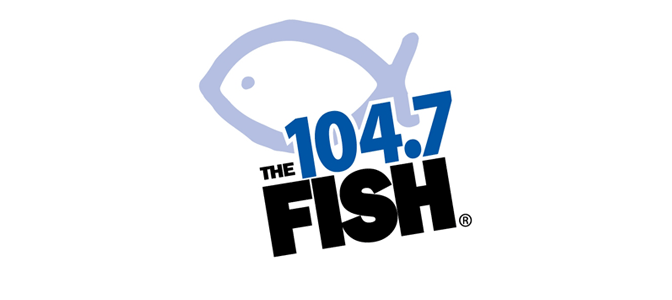The other day, I was having to teach someone how to talk over a song intro. This is a modern phenomenon, apparently, because most people on the radio today never heard the Drake Format or the “Q” Format that revolutionized radio in the late sixties and early seventies.
Before those, jocks just talked whenever and wherever they wanted to, so you heard a song end, the jock blather for a few seconds (or longer), and then start another song, talking up to the vocal.
Bill Drake changed that. Jocks fit the song intro, instead of starting early. Momentum increased exponentially. The Q stations (KCBQ in San Diego first, others later) took it another step further. But jocks tended to lose contact with the pace of the song, doing every break in a high-powered delivery.
Stations like KNUS in Dallas, Y95 in Miami and others took it beyond that, maintaining the momentum, but also introducing a sensitivity to the pace and “vibe” of the song and matching it with the delivery.
Enough with the history lesson. Jocks today grew up hearing a song end, the talent talking for much too long, then another song starting. Momentum ceased to exist under the guise of “respecting the music,” primarily an Album Rock approach.
Stop – Start – Stop – Start. The definition of NO true momentum.
So back to the recent session. Continue reading

